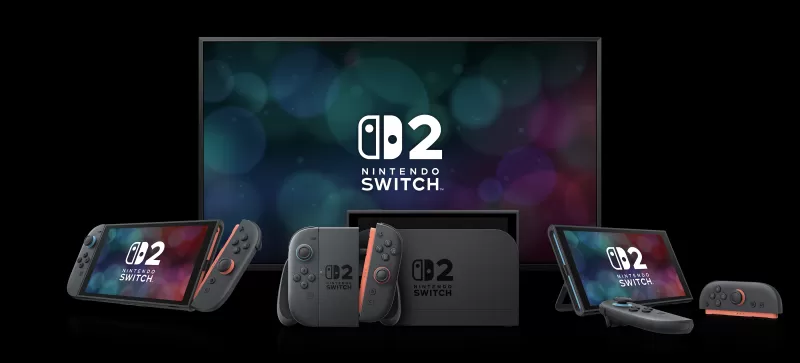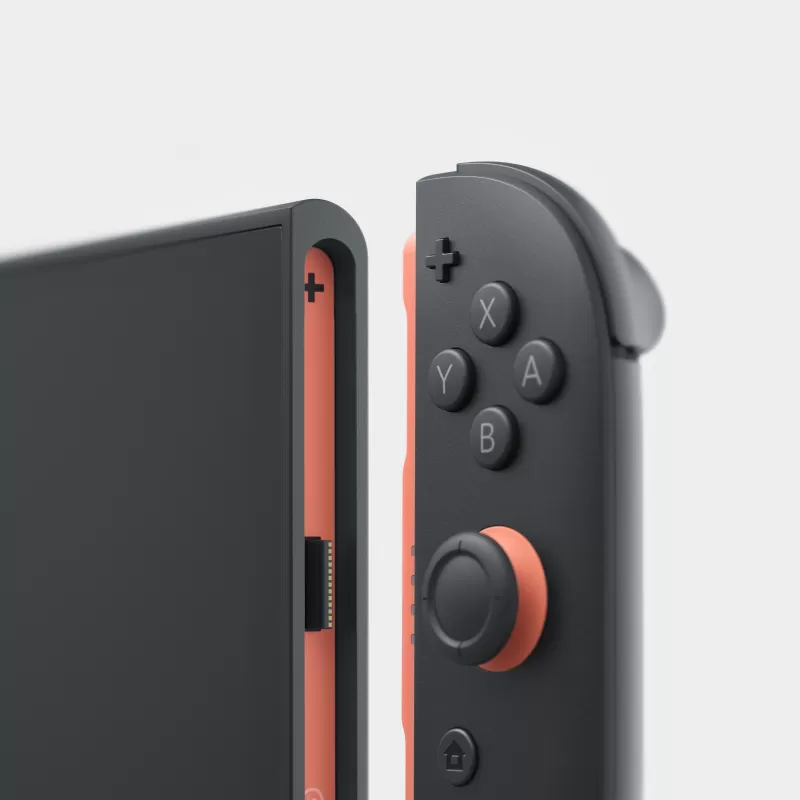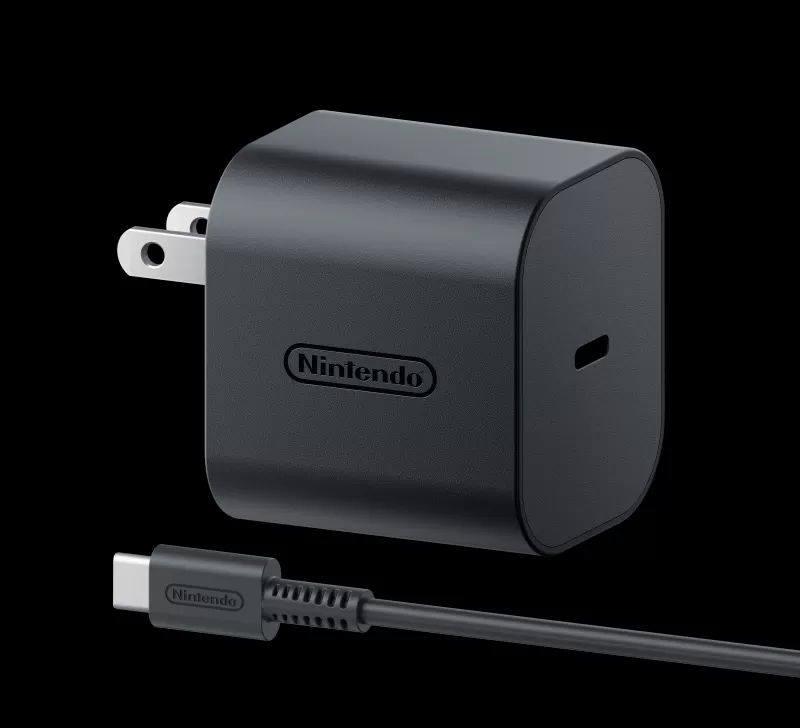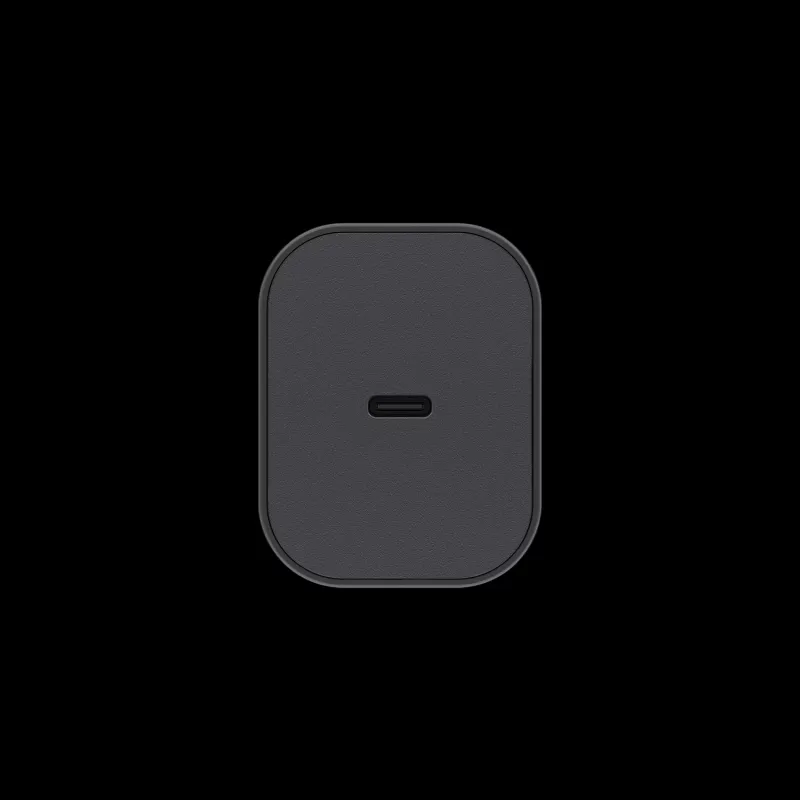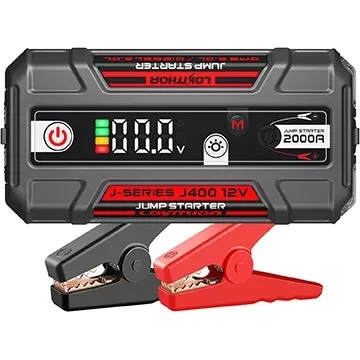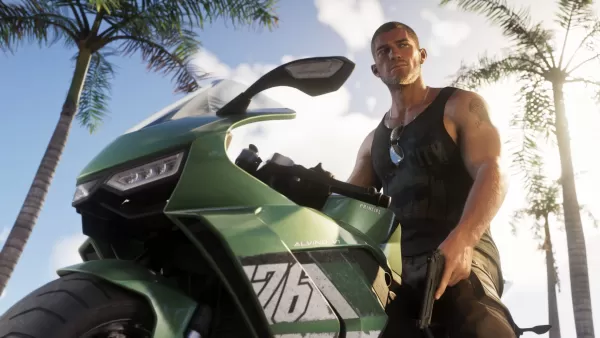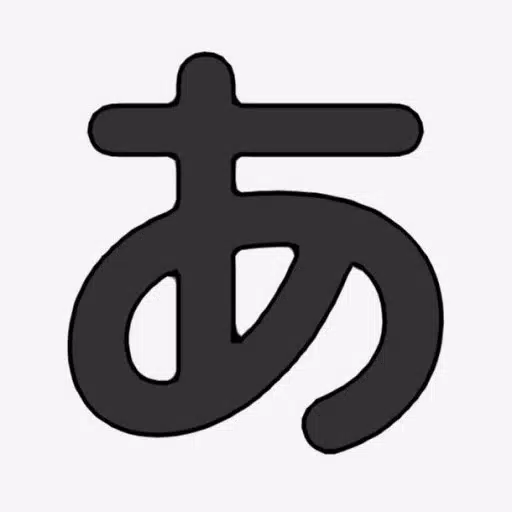It's been a wild news roller coaster for U.S. gamers this week. The excitement kicked off with the full reveal of the Nintendo Switch 2, showcasing its impressive lineup of games and features. However, the joy quickly turned to dismay when the $450 price tag was announced, along with an $80 price for Mario Kart Tour. The roller coaster took another dip this morning when Nintendo announced a delay in pre-orders due to the Trump Administration's sudden and sweeping tariffs affecting nearly every nation worldwide.
We've explored elsewhere why the Nintendo Switch 2 comes with such a high price tag and the potential impact of these new tariffs on the gaming industry as a whole. However, the burning question on everyone's mind right now is: What will Nintendo do? Will the Nintendo Switch 2 become even pricier when pre-orders finally open?
Typically, when faced with questions about the future of video games, I consult a panel of expert industry analysts. While they can't predict the future with certainty, they usually provide a consensus backed by solid evidence and data. I've already done this twice this week. But for the first time since I started interviewing analysts, every single one was stumped by the current situation. Some offered tentative guesses about whether Nintendo would raise the price or not, but all emphasized the unprecedented chaos of the moment. This rapid development has left everyone unable to accurately predict the actions of Nintendo, Trump, or any other stakeholders in the coming days, weeks, or months.
With that in mind, here's what the analysts I spoke to had to say:
Sky-High Switch
The panel was divided on the issue. Dr. Serkan Toto, CEO of Kantan Games, initially believed it was too late for Nintendo to raise prices after their announcement. However, the delay in pre-orders changed his perspective. He now thinks Nintendo has no choice but to increase prices.
"It's very difficult to predict, but Nintendo will likely take a few days to run simulations and then announce hikes, not only for the system itself but also games and accessories," he said. "I hope I am wrong, but if these sky-high tariffs are sustained, they leave Nintendo no choice. Would you be surprised now to see the Switch 2 hit $500 for the base model? I wouldn't. What I also want to add is this: Why on earth did Nintendo not wait for the US to fix their tariffs first and then decide on pricing during a Direct a few days later? This made no sense."
Mat Piscatella, senior analyst at Circana, also heavily caveated his opinion, echoing the unpredictability of the situation. Ultimately, he believes that game prices, including those from Nintendo, are likely to rise. However, the extent and specifics are anyone's guess. "Based on the conversations I'm having, the breadth and depth of the tariffs surprised everyone, not just consumers," he said.
Piscatella noted that Nintendo likely made assumptions about the tariffs when setting the original price. But the actual tariffs announced on Wednesday were much higher than anticipated. "Every reasonable and responsible business that relies on international supply chains will be reevaluating its US consumer pricing at this point. They have to. Some territories and regions globally have historically been subject to higher pricing than other parts of the world when it comes to video games. The US could certainly be joining that group because of these tariffs. The haphazard and chaotic nature of the tariffs and their announcement obviously has many scrambling to navigate the fallout."
Manu Rosier, director of market analysis at Newzoo, also predicts that hardware prices will increase, though he believes software will be less affected. "While physical versions might be subject to tariffs, the growing dominance and lower cost of digital distribution would likely limit any broader effect," he said. "Regarding hardware, however, the situation is more sensitive. If a 20% tariff—or any substantial increase—were to be introduced, it's unlikely that companies like Nintendo would absorb the additional cost by cutting into their margins. In such cases, the burden could shift to consumers in the form of higher retail prices."
Holding the Line
On the other side of the debate, with equal emphasis on the unprecedented nature of the situation, Joost van Dreunen, NYU Stern professor and author of SuperJoost Playlist, acknowledges that a price increase is possible, especially given the high tariffs on Vietnam. However, he believes Nintendo will try hard to avoid it.
"I believe the volatility from the Trump tariffs was already considered in the Switch 2's $449.99 pricing," he said. "Given the first Trump administration's impact, Nintendo, like other manufacturers, has since restructured its supply chain to mitigate such geopolitical risks. Historically, Nintendo has aimed for a launch price around the $400 mark, adjusted for inflation, suggesting that the current price already reflects an anticipation of potential economic challenges stemming from ongoing trade disputes. Nevertheless, the unpredictable nature of these tariff decisions—exemplified by the recent situation in Vietnam—injects a significant amount of uncertainty into the market. This could compel Nintendo to find ways to absorb or offset additional costs, especially when initial product margins are typically narrower. While I expect Nintendo will strive to maintain the $449.99 price point, the external economic pressures may eventually force a reassessment if the trade landscape deteriorates further."
Piers Harding-Rolls, games researcher at Ampere Analysis, agrees, highlighting the risk of consumer backlash if Nintendo raises prices further. "The extent of the tariffs and its impact on Vietnamese exports are really bad news for Nintendo," he says. "The company is now in between a rock and a hard place, having already announced the launch price. I have already suggested that the pricing would stay as announced until 2026 at the earliest but then might be adjusted if the tariffs stay in place. This delay in pre-orders is to give the company more time, and it will be hoping some sort of solution will be found over the next few weeks. This is a pretty fluid situation after all. Nintendo will not want to change the price having announced it, but I think everything is on the table now. If the pricing does change, it will impact the brand and the US consumer's view of the product at launch. I don't think that will put off loyal fans, but it might put off broader consumers who will take a wait-and-see approach. That's particularly important during its first holiday season."
Living in Unhinged Times
Finally, Rhys Elliott, games analyst at Alinea Analytics, joined the first camp in predicting higher prices for both Nintendo hardware and software due to Trump's tariffs. He referenced his earlier comments to IGN about Nintendo announcing cheaper digital editions of Nintendo Switch 2 games in certain markets. "It seems the lower prices in other markets were to nudge Switch 2 buyers to digital, as I mentioned in my comments to IGN about Mario Kart World's pricing. Nintendo might have wanted to do something similar in the US, but the tariff situation is so chaotic that Nintendo was in 'wait and see' mode—and decided to hedge its bets to see if it needed to offset the tariffs."
Elliott also painted a grim picture of the broader impact of these tariffs on the games industry, aligning with the warnings from a spokesperson from the Entertainment Software Association. He predicts that the tariffs will result in a "weaker, poorer nation," with consumers ultimately bearing the cost. "Some manufacturers—Nintendo included—have been shifting their manufacturing to non-tariff-impacted markets," Elliott says. "And even if companies can afford to switch up (no pun intended!) their supply chains, who knows which markets will get tariffs next—as recent news supports. Companies cannot just lift up their whole supply chain and move everything to the US. It's just not logistically possible. Under current law (I can't believe I have to qualify this, but here we are), Trump would not be in power anymore by the time such a move would be completed—for Nintendo and other manufacturers. We are living in...there's no other word for it...unhinged times driven by an unhinged man (and other forces).
"These extreme tariffs will also be bad for consumers in the US but are positive for the US administration's populist façade. Policies that lead to higher prices for everyday people amid a cost-of-living crisis are deplorable. They're bad for gamers and the games business. I won't comment on the real reason for the US tariffs, but 'a much stronger, much richer nation' is not it. What's more, time and time again, data has shown that tariffs harm the economy. Comparative advantage is a core principle of international trade theory. Basically, consumption and economic well-being are stronger when countries focus on producing goods they can efficiently produce (at the lowest cost compared to other goods)—and trade for goods they are less efficient at producing. The trade war flies in the face of these core economic principles."
Nintendo Switch 2 System and Accessories Gallery
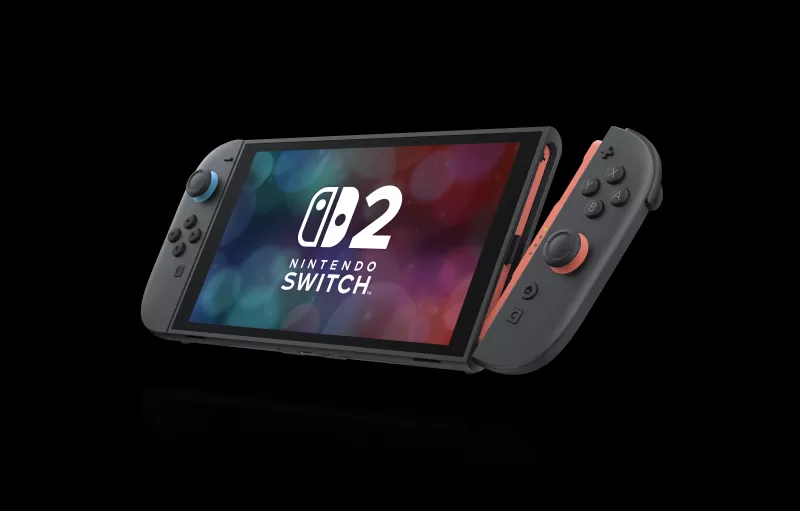
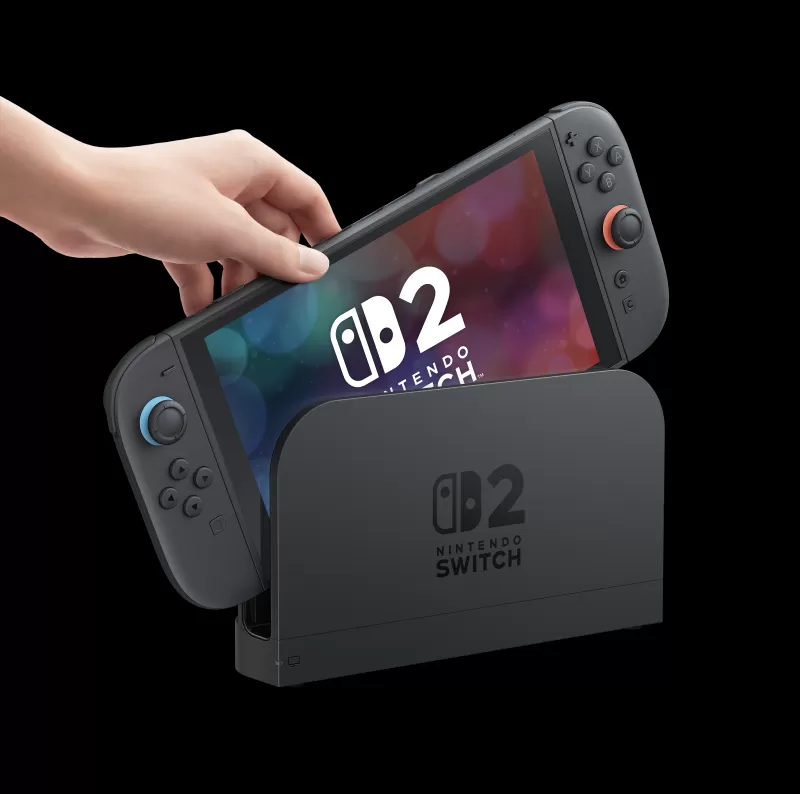 91 Images
91 Images